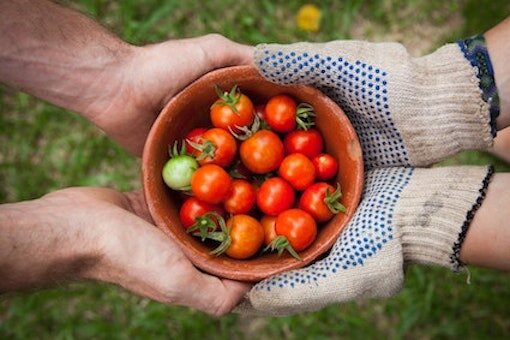Bunz, a Toronto-based online bartering community, was originally created as a Facebook group intended to help people navigate high costs of living, support a cash-free, circular economy, and promote environmental sustainability.

Since the introduction of the app and btz, a drastic shift in culture seems to have taken place. Today, I’ve been noticing an emphasis on capitalizing through the btz economy rather than sharing through a circular economy. This cost-benefit analysis was never part of the original purpose.
Some examples of this shift can be found when individuals ask for equal value for their brand new item. The general rule of thumb for selling or trading any second hand item, regardless of whether it’s still in the original packaging, is ⅓ of the original price.
Btz is a blessing for many trades you could never afford, but it risks being a driving force when users become attached to numerical value, and the idea of there being such a thing as “equitable” trades (this would warrant an entirely separate blog post).
I experienced this personally, noticing my own desire to accumulate btz. Upon realizing this, I took a one-month break from the platform to reflect on my intention with this app and the community.
As a Lifestyle and Space Organizer, I came to the realization that I love this app because it supports people letting go of their possessions on an emotional level, while also redirecting waste from landfills.
I reconnected with my original intention and now am no longer concerned about what I can accumulate in btz for future trades, but rather intend on letting go of what no longer serves me. If I happen to get btz through a trade, I feel like this is the cherry on top.
Through my personal realization I decided to write this blog post to help people create balance between community and economy, and to invite users to connect to the reasons behind their transactions, and their intentions within the Bunz community.
How You Can Support A Sharing Economy and Community
Attachment styles:
Through my own experiences and working with numerous clients over the last 5 years I’ve come to believe that we are attached to our items emotionally, physically and psychologically.
For example, due to an emotional attachment to our memories, we often struggle letting go of items from our childhood.
Every single person I have worked with has said the exact same thing, after letting go of items that no longer served them they say “I feel lighter”. This is no coincidence, Tanya Mouland Brain Gym Instructor, talks about this in a recent blog on how organization affects the brain.
This attachment feels heavy and can slow us down in letting go of the past and living in the present moment to create our future. It also affects how we interact with others, make decisions and our overall well being.
In two blogs I talk about some of the reasons people struggle to let go of an item, belief, or even habit. Do any of them feel familiar to you?
-
I spent money on it
-
I feel guilty
-
What if….need it etc (anxiety)
-
The need to belong
-
A belief system
-
A habit
-
Sentimental items
What can you do to ensure attachment to your belongings doesn’t ripple into bunz culture?
Before posting an item:
-
Ask yourself why you are thinking of getting rid of this item
-
Become aware of how you are attached to this item
-
If you feel a strong attachment – talk to someone about it (your attachment style to that object, the story behind it, why it’s important to you, what would help in letting it go)
-
Then decide if you are ready to let go of the item or not
-
If not ask yourself what’s holding you back and what steps you can take to let go
This process is very liberating when you become aware of your attachments and let go of them, you are making room for new ideas and experiences in your life.
Sharing Economy
When you share, money is out of the picture. The focus is on giving and can also facilitate connecting with people. When you trade, you create avenues for connection with people you would have otherwise never met. It goes beyond trading physical items, and creates community networks within a city. Who knows you could meet your next hair stylist.
Creating the Bunz app expanded the sharing economy by making it easier to search, and to express needs, thus facilitating trades. Having said that, the ISO list has moved from simple items like a bag of rice, to requests for specific high-end items, to pieces of furniture. This specificity narrows the accessibility of the app and moves beyond authentic sharing.
In order to create a balance between sharing and participating in the btz economy, I recommend that users include a diversity of items on their lists.
For instance, consumables or exchanges of services are great ways to make the sharing economy accessible for everybody. This openness can facilitate a kind of trading that is built on community values.
I would love to see a shift back to individuals trading with the intention to give, connect, and share. I feel that having the btz has added value to the app and feel that it is important to now create a balance between the two. It would be helpful if bunz restated and clarified their mission so that standards are clear and can be upheld. And as active community members, we can take steps on our own to be intentional and mindful of how we engage in the Bunz community.

